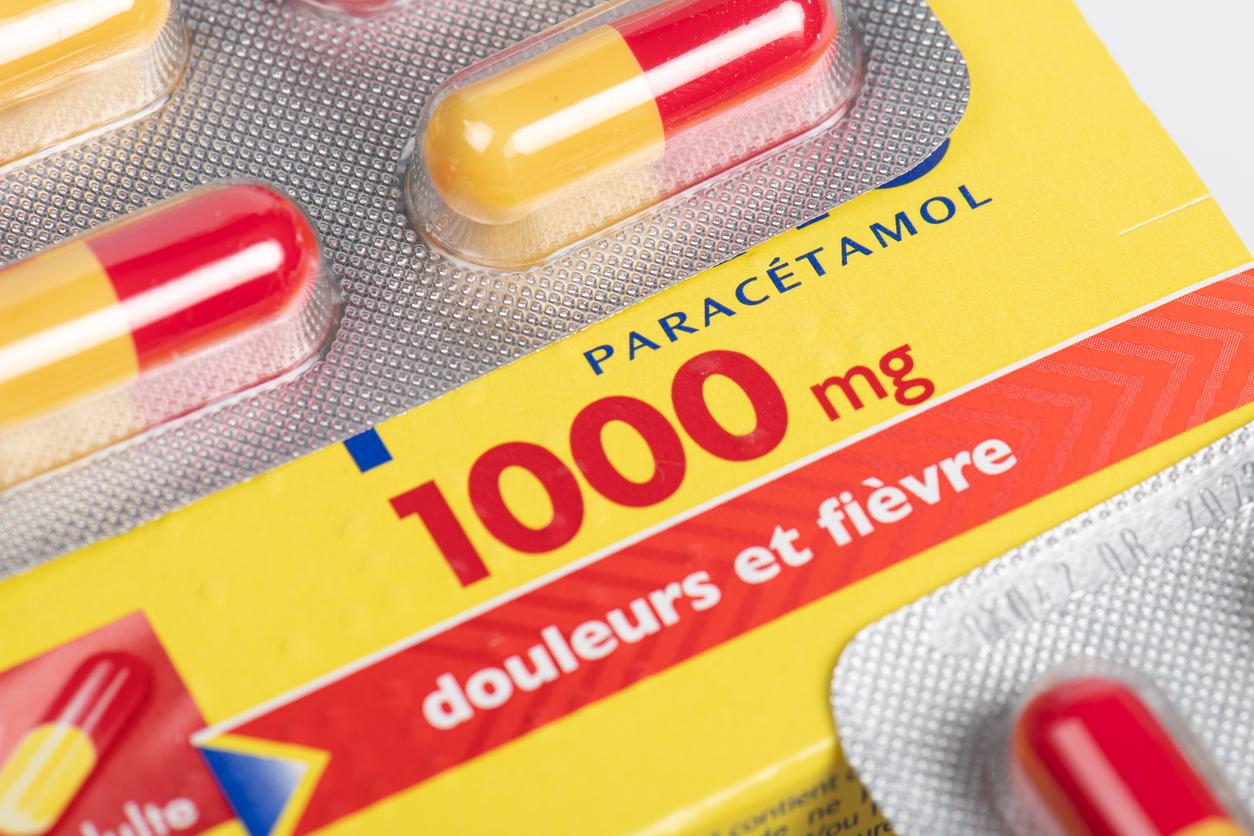Although chemotherapy has improved cancer survival rates, many of these drugs cause side effects that decrease the quality of life of patients. The chemotherapy drugs especially cause peripheral neuropathy, sudden nerve pain. “Peripheral neuropathy can both hinder the continuation of treatment and persist long after its end, seriously affecting the quality of life of cancer patients,” explains Marta Hamity, research assistant at the University of Iowa (USA). United) and lead author of the study published in the Journal of the International Association for the Study of Pain (PAIN).
Vitamin B3 to prevent side effects of chemotherapy
His team says that these effects can be eradicated by taking nicotinamide riboside (NR), a form of vitamin B3, found in the beer and milk. It was recently proven that this molecule would protect the metabolism against the effects of high fat and / or abnormal diets that can lead to diabetes. It would also improve muscle regeneration in elderly mice by stimulating stem cells and lengthen their lifespan.
The new study tested the effect of NR in female rats that were treated with paclitaxel, a chemotherapy commonly used to treat breast and ovarian cancer. The researchers found that paclitaxel, given in doses that mimic the amount a human patient would receive, caused peripheral neuropathy in rats, which lasted for at least five weeks after chemotherapy was finished.
Vitamin B3 associated with chemotherapy reduces side effects
The team measured their sensitivity to rodents using small bites on their legs. The untreated rats did not withdraw their paws during these light pressures. However, treatment with paclitaxel made rodents hypersensitive to this contact and caused them to withdraw their paws.
Prophylactic treatment with daily doses of NR (200 mg / kg) for seven days before and 24 days after the end of chemotherapy prevented hypersensitivity to touch in rats. This protective effect lasted for at least two weeks after stopping vitamin B3 supplementation.
Then, the researchers gave the rats the choice between a dark environment, and a bright one. By nature, rats prefer the dark. The team found that the untreated rats tolerated a lot of tingling on their paws before leaving the dark area. In contrast, rats receiving both chemotherapy and NR supplement behaved like untreated rats and tolerated more tingling before leaving the dark.
These results support the idea that the vitamin B3could potentially be used to prevent or reduce side effects in cancer patients, leading to a significant improvement in their quality of life and their ability to withstand treatment for longer.
Read also :
Vitamin B3 would be effective in reducing the risk of skin cancer
















